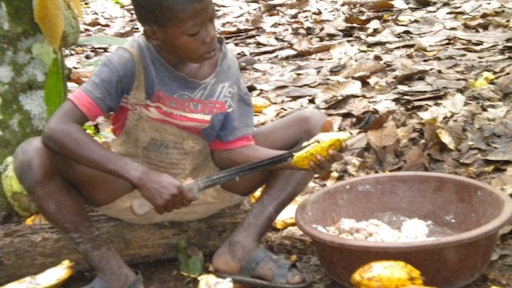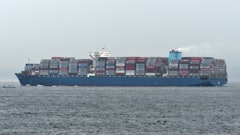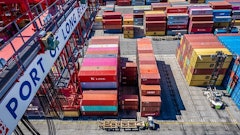
March 4, 2016—Two of the world’s largest coffee companies Nestle and Jacobs Douwe Egberts say beans bought from Brazilian plantations may have been grown using slave labor because they do not know the names of all the plantations that supply them. This followed an investigation from the Danwatch media and research center, which confronted the two companies with the possible infraction.
“Two coffee giants [together account for 39 percent of the global coffee market – Ed.] admit that coffee from plantations, where working conditions resembled slavery according to the Brazilian authorities, may have ended up in their supply chains,” the Denmark-based group said, adding the companies often bought beans from middlemen and exporters in a muddled supply chain.
Nestle and Jacobs Douwe Egberts told the Guardian they took DanWatch’s allegations seriously and were very concerned by the findings.
“We do not tolerate violations of labor rights and have strongly maintained that forced labor has no place in our supply chain,” Nestle said in a written statement to Danwatch. “Unfortunately, forced labor is an endemic problem in Brazil, and no company sourcing coffee and other ingredients from the country can fully guarantee that it has completely removed forced labor practices or human rights abuses from its supply chain.”
Jacobs Douwe Egberts said it had notified suppliers not to purchase coffee from known violators. “We are committed … to improve the working conditions for coffee farmers throughout the world,” the company said.
To read the full story, please click here.





























